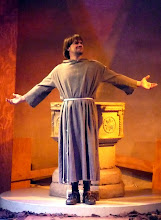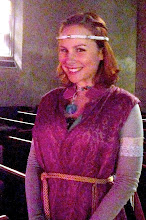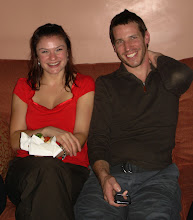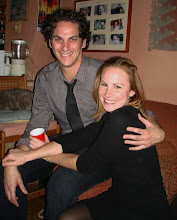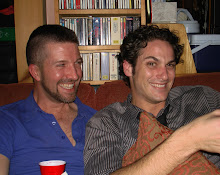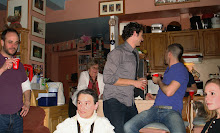
 Always a singer of the haunting songs of the French troubadours, but now calling himself a troubadour of the Lord, Francis lived out one dramatic moment after another--kissing a leper, stripping himself in Assisi's public square as he defiantly cast off the expensive garments hisf ather had clothed him with, appearing before the Pope, sailing off to the Holy Land with the Crusade, and breaking through the ranks of the Saracens to preach to the Sultan of Egypt.
Always a singer of the haunting songs of the French troubadours, but now calling himself a troubadour of the Lord, Francis lived out one dramatic moment after another--kissing a leper, stripping himself in Assisi's public square as he defiantly cast off the expensive garments hisf ather had clothed him with, appearing before the Pope, sailing off to the Holy Land with the Crusade, and breaking through the ranks of the Saracens to preach to the Sultan of Egypt.Meanwhile, his selfless example so impressed the beautiful and aristocratic young Clara Faverone that she in turn created a female branch of what had become the Franciscan Order. In time, she would become a saint as revered, and almost as famous, as the poor man of Assisi. Above all, Francis remained dedicated to his Gospel-based rule, a rule beginning "Sell all you have and give to the poor." When members of his own order, led by the willful Elias, began working to modify it, Francesco would be caught up in a struggle that would seemingly end in failure. But his final triumph is foreshadowed in the number that ends the show--his great "Canticle of the Sun."
This, then, is the story as pe
 rformed by a dynamic cast and heightened by a remarkably rich score, with melodies ranging from passionate to tender to bittersweet and haunting. The singing is glorious, the acting intense, the action swift-moving, and the final result a musical unlike any other--the life-giving drama of a great spiritual figure who himself was unlike any other.
rformed by a dynamic cast and heightened by a remarkably rich score, with melodies ranging from passionate to tender to bittersweet and haunting. The singing is glorious, the acting intense, the action swift-moving, and the final result a musical unlike any other--the life-giving drama of a great spiritual figure who himself was unlike any other. Photo Credit: Michael Portantiere












